Five start-ups to watch from IFA
Look past the washing machines at IFA and you’ll find a host of tech start-ups

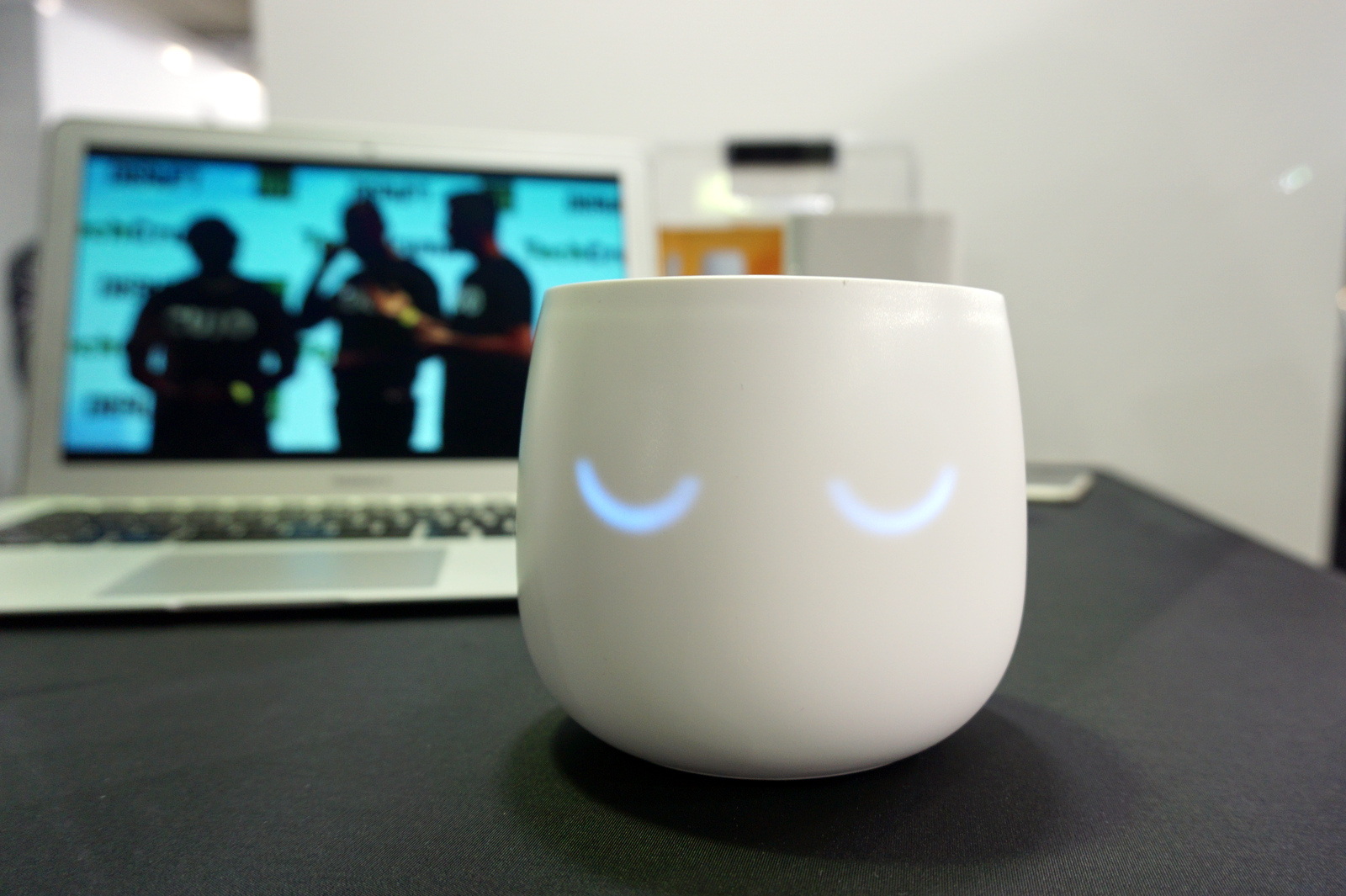
The big tech players are on show at IFA in Berlin this week, but they've made room for startups, research and innovative projects, too. Here's our pick of the most intriguing ideas from across Berlin's Messe.
Sensorwake
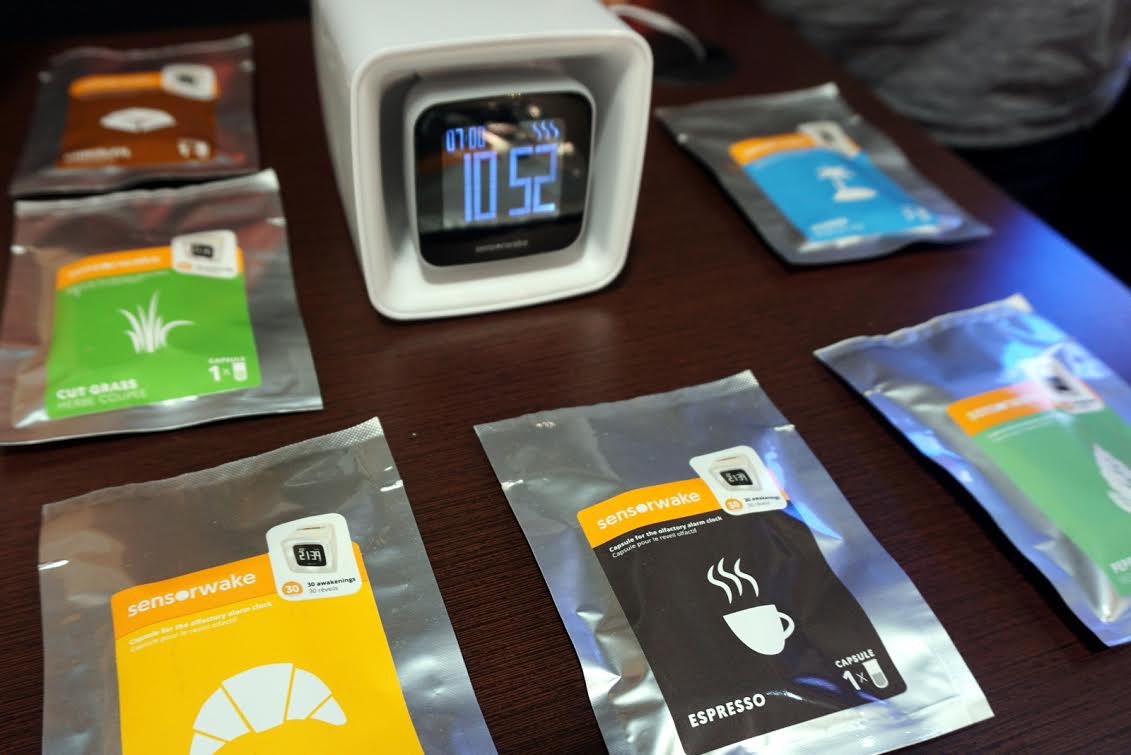
Forget waking up to a screeching beep or talk radio. Instead, one French youngster has invented an alarm clock that gently prods you awake with scents, including mint, espresso, chocolate, cut grass, and even croissants or toasts. While we'd rather wake up to such smells because someone was handing us a freshly baked pastry, Sensorwake olfactory alarm clock is a fun second.
Yes, it's a silly idea. But there's two reasons we think Sensorwake is worth watching. First, tech has long focused on visual inputs, followed by audio. While we aren't calling for a return to smell-o-vision, it's intriguing to see the other senses pulled into use.
Second, 19-year-old founder Guillaume Rolland created the olfactory alarm while still in high school, and it picked up a Google Science Fair award in 2014. Whatever he comes up with next, we'd take a sniff at.
The Sensorwake is already available for 99 with scent cartridges that last for a month available for 5 each. And don't worry if the scent of chocolate keeps you dreaming rather than kicking you out of bed a more traditional sound alarm plays after three minutes if you don't wake up.
Niu smart button
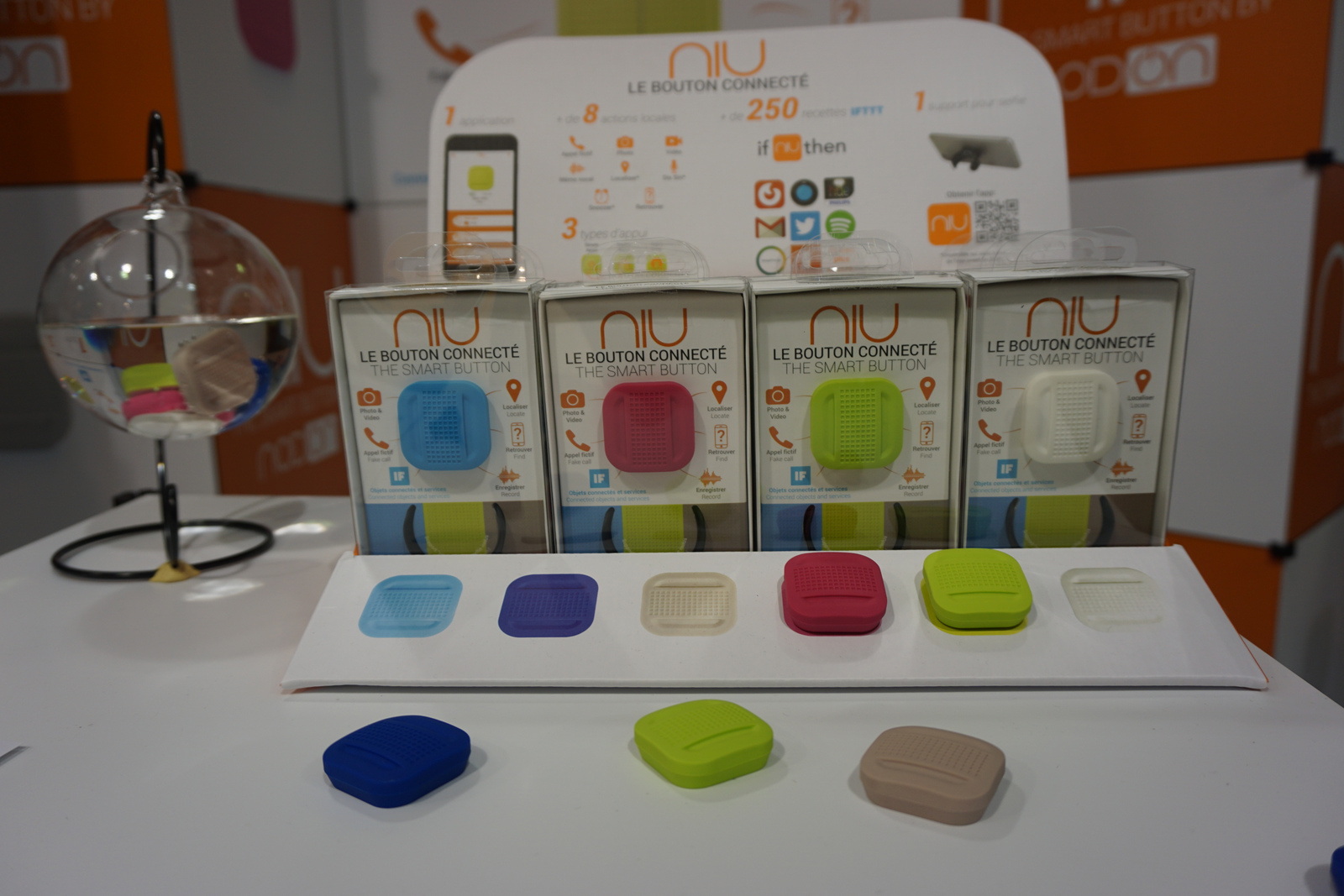
French firm NodOn was showing off its Niu button, a programmable device for controlling any piece of tech using If This, Then That (IFTTT). The small, waterproof buttons have two years of battery life and can be programmed for a single, double and triple press, meaning each can have three uses.
The buttons can be programmed to sound an alarm on your phone, so you can find your handset if it's lost at home, or to fake a call, letting you press the button in your pocket to get out of a boring conversation. It can trigger your camera for selfies, start a smart car, or control smart home appliances without giving a smartphone to children.
Sign up today and you will receive a free copy of our Future Focus 2025 report - the leading guidance on AI, cybersecurity and other IT challenges as per 700+ senior executives
Aurelien Blaise, customer experience manager, said he uses Niu to let his daughter turn on their smart television; the five-year-old taps the Niu, and the TV turns on and flips to her favourite channel, much easier than teaching a child how to navigate three remote controls.
Alongside the hundreds of existing IFTTT recipes, you can programme your own: Blaise said one user created a way to use the waterproof tool to flip to a different song while in the shower. The Niu is available now for 29.
PicoBrew
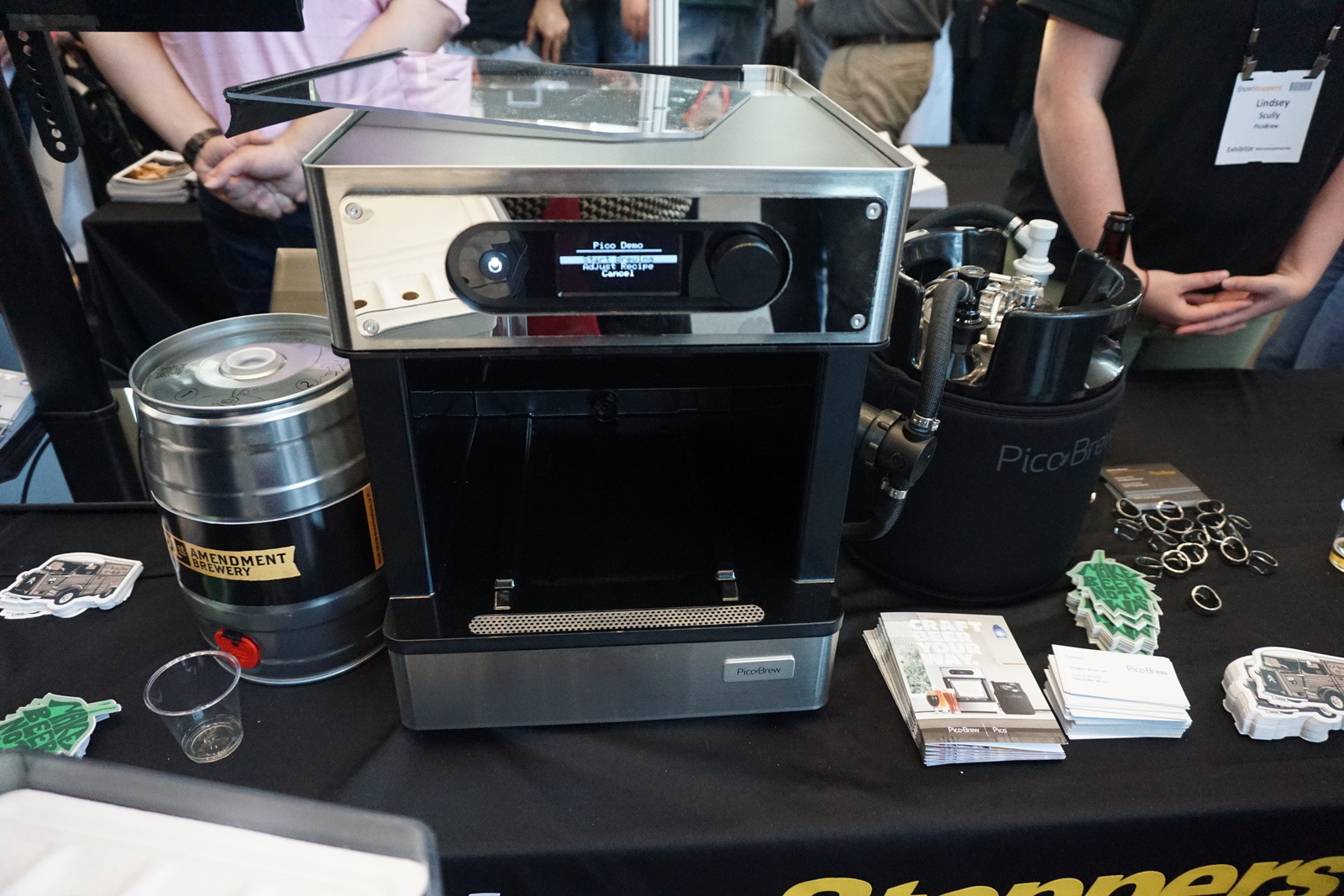
These Seattle-based beer fans offered a smart brewing kit over crowdfunding sites, but have now come out with a second product that's cheaper and easier to use. "We took the same tech and made it for people who love craft beer without the trouble," said investor George Dyke.
Rather than mix and make your own beer recipes, the new version is sort of a Keurig for craft beer. The company sells customers a Pico Pack that they drop into the machine, adding only water to make their favourite pilsner or IPA at home. Customers can buy from a range of breweries or design their own "freestyle" Pico Pack.
That aside, there's little user intervention, though the machine does let customers adjust the bitterness and ABV, so you can make a lighter beverage or crank it up, said Dyke.
The benefit, Dyke says, is you get fresh beer from a wider variety of brewers from around the world. Each batch makes five litres of beer. It takes two hours to brew but also needs to be left a week or two to ferment, so you'll have to plan ahead.
The Pico Brew is available for preorder for $799 with Pico Packs costing $30 each.\
DigitSole
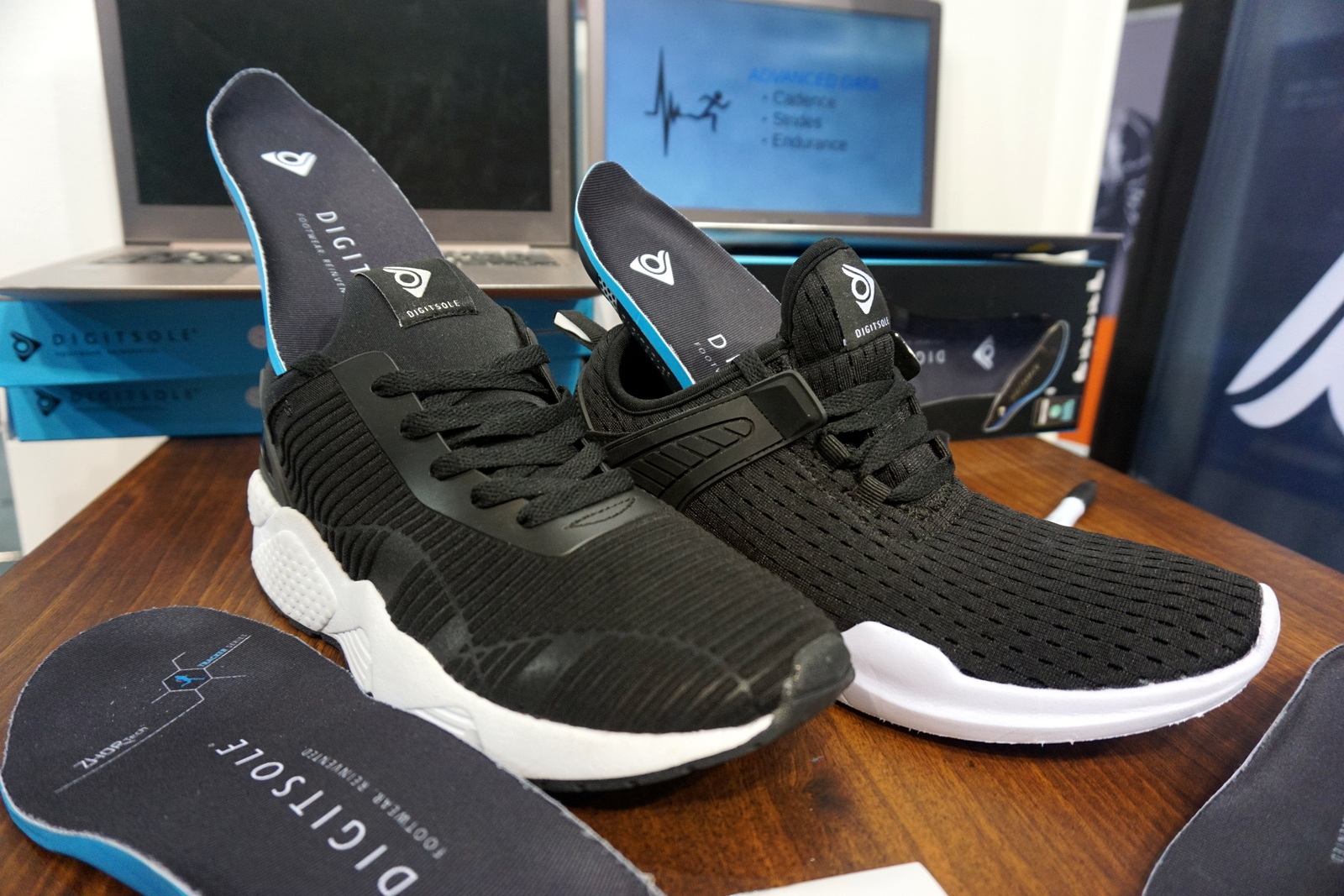
Running apps can only do so much. This company instead embedded a Bluetooth chip and 3D accelerometer directly into a smart insole, making it easier to get detailed information about calories burned, steps taken, and even analyse your gait.
The hardware weighs only 7g, so it won't affect your running style, though it will suggest improvements to your strike pattern, advise you to warm up longer, and warn you when you're becoming fatigued and it's time to stop to avoid injury.
The standard version costs 99 for a pair with a battery life of six to eight days, but there's also a heated version for walking or working in cold climates, with a battery life of six to eight hours.
Cujo
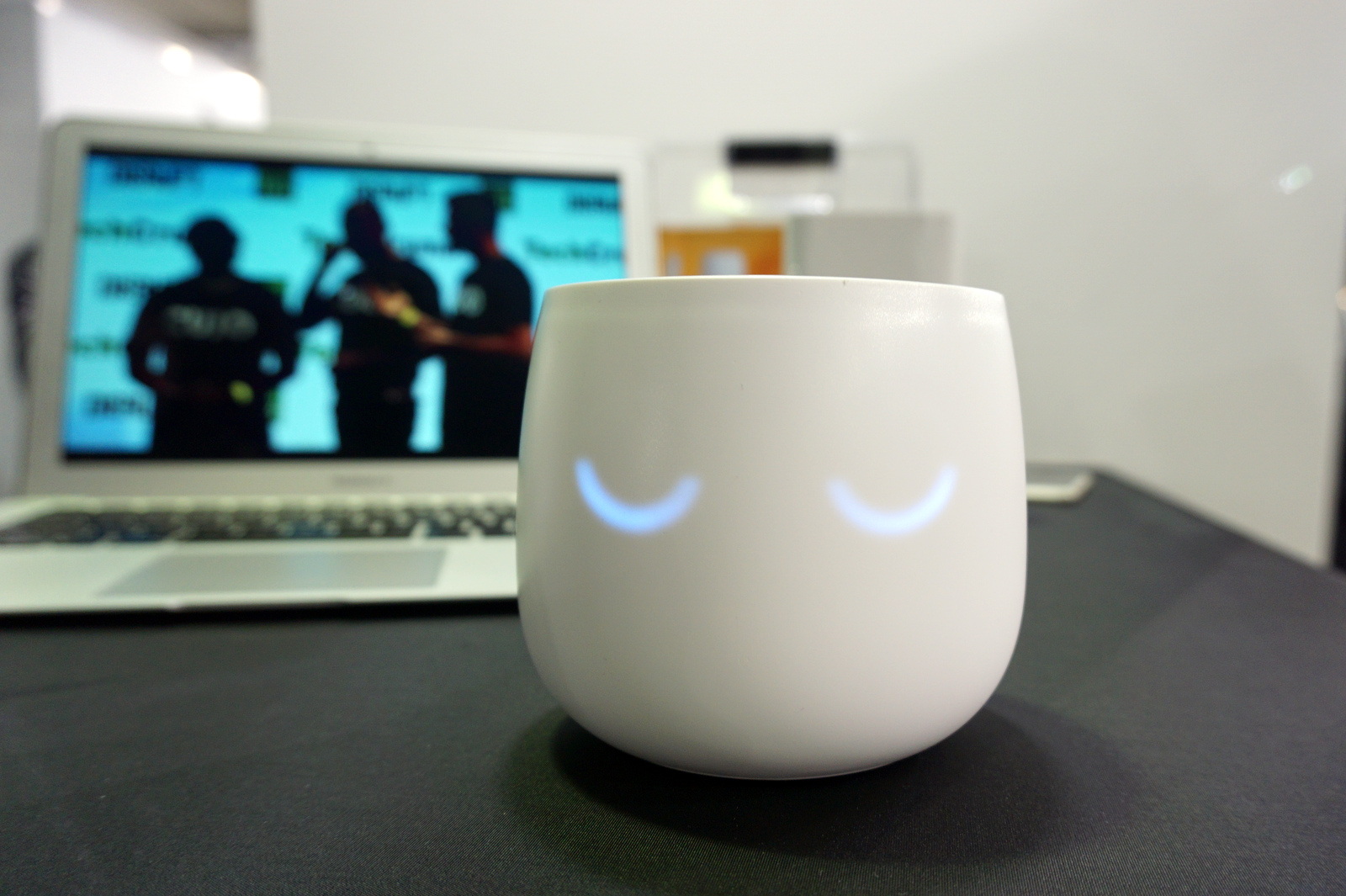
Network security is an oft ignored side of personal data protection, and the risk increases as we connect smart home devices to our home routers, as most fail to have adequate security features. Cujo aims to add an extra level of protection, stopping hackers from peeking at us via smart cameras or jumping from our connected lights to our computers.
Plug the Cujo into your router, and it will spend two days detecting your connected devices and analysing their behaviour. That behavioural model will then be used as Cujo monitors traffic, to see if anything abnormal happens at which point the device will be blocked. It also features intrusion detection, safe browsing and remote access.
Cujo only looks at IP devices, so can't see anything connected via Bluetooth or IoT protocols such as Zigbee, a protocol that lets devices talk to each other, though the latter will normally have a hub connected to the router, which Cujo will be able to monitor.
Cujo costs $99 for the hardware and the same again for an annual subscription, which keeps the software up to date against new threats.
Freelance journalist Nicole Kobie first started writing for ITPro in 2007, with bylines in New Scientist, Wired, PC Pro and many more.
Nicole the author of a book about the history of technology, The Long History of the Future.
-
 Microsoft wants to replace C and C++ with Rust by 2030
Microsoft wants to replace C and C++ with Rust by 2030News Windows won’t be rewritten in Rust using AI, according to a senior Microsoft engineer, but the company still has bold plans for embracing the popular programming language
-
 Google drops $4.75bn on data center and energy firm Intersect
Google drops $4.75bn on data center and energy firm IntersectNews The investment marks the latest move from Google to boost its infrastructure sustainability credentials
-
 Predicts 2024: Sustainability reshapes IT sourcing and procurement
Predicts 2024: Sustainability reshapes IT sourcing and procurementwhitepaper Take the following actions to realize environmental sustainability
-
 Advance sustainability and energy efficiency in the era of GenAI
Advance sustainability and energy efficiency in the era of GenAIwhitepaper Take a future-ready approach with Dell Technologies and Intel
-
 2024 State of procurement report
2024 State of procurement reportWhitepaper The trends shaping the future of business buying
-
 Digital optimisation paves the way to strategic supplier management
Digital optimisation paves the way to strategic supplier managementWhitepaper Procurement’s role as a strategic driver
-
 Bringing order to the file management chaos plaguing AEC firms
Bringing order to the file management chaos plaguing AEC firmswhitepaper How a cloud-based solution, supported by edge technology, helps architecture, engineering, and construction firms boost performance and cut costs
-
 File data services to support modern manufacturing
File data services to support modern manufacturingwhitepaper Smart file data services deliver resilience and intelligence to the modern manufacturing organization
-
 Innovation in product development
Innovation in product developmentwhitepaper The latest data on how successful product development teams collaborate to build the future
-
 The small and medium business guide to buying
The small and medium business guide to buyingWhitepaper Optimising purchasing to save in 2024
